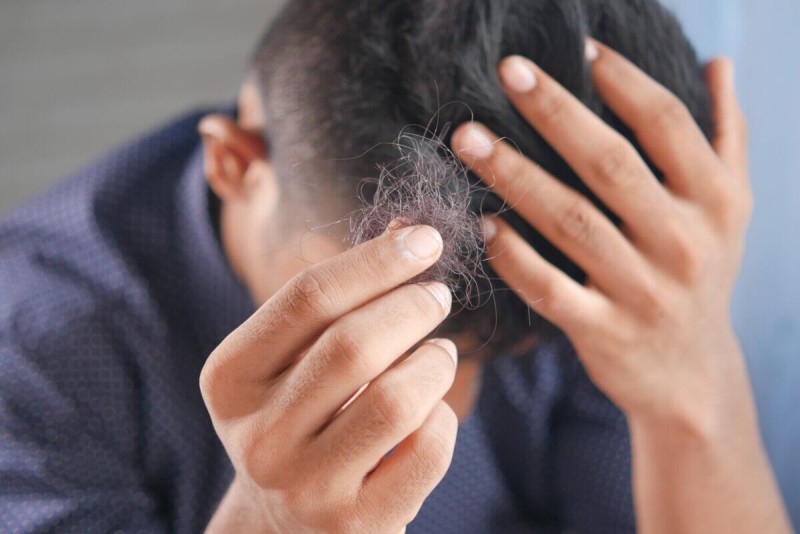According to a study that was recently published in AJP in Advance, patients with trichotillomania, also known as “hair-pulling disorder,” and/or excoriation, also known as “skin-picking disorder,” may notice improvements in their symptoms while taking Alzheimer’s drug memantine.
According to a study that was published online on February 22 in The American Journal of Psychiatry, treatment with the glutamate modulator memantine, which is a drug that is commonly used to treat Alzheimer’s disease, results in a significant reduction in the symptoms of hair-pulling and skin-picking.
A double-blind study of 10 to 20 mg/day of memantine or a placebo for eight weeks was conducted on 100 adults with trichotillomania, also known as a skin-picking disorder, by Jon E. Grant, M.D., M.P.H., and colleagues from the University of Chicago. The severity of picking and pulling was evaluated. The predetermined primary outcome measure was a treatment-related change on the Trichotillomania Symptom Severity Scale of the National Institute of Mental Health (NIMH), which included skin picking.
Repetitive behaviors that are focused on the body and intrusive urges that are thought to be driven in part by the glutamate system are hallmarks of trichotillomania and excoriation disorder. The FDA has approved memantine for the treatment of mild to moderate Alzheimer’s disease. It works by regulating the activity of glutamate.
The scientists found that memantine treatment was related to a huge improvement in scores on the NIMH scale, Sheehan Disability Scale, and Clinical Global Impressions severity scale. At the study’s endpoint, 60.5 and 8.3 percent of participants in the memantine and placebo groups were significantly or very significantly improved, respectively, with a number needed to treat of 1.9. In terms of adverse events, there was no discernible difference between the treatment arms.
Grant stated in a statement, “The results did show that the medication helped more than the placebo, for which I was very pleased, but it tells me that there’s still a lot more to do. Even though the results were promising, it was still a very small minority of people in terms of complete remission of symptoms.”

 Diabetology1 week ago
Diabetology1 week ago
 Diabetology4 days ago
Diabetology4 days ago
 Diabetology7 hours ago
Diabetology7 hours ago
 Diabetology7 hours ago
Diabetology7 hours ago



